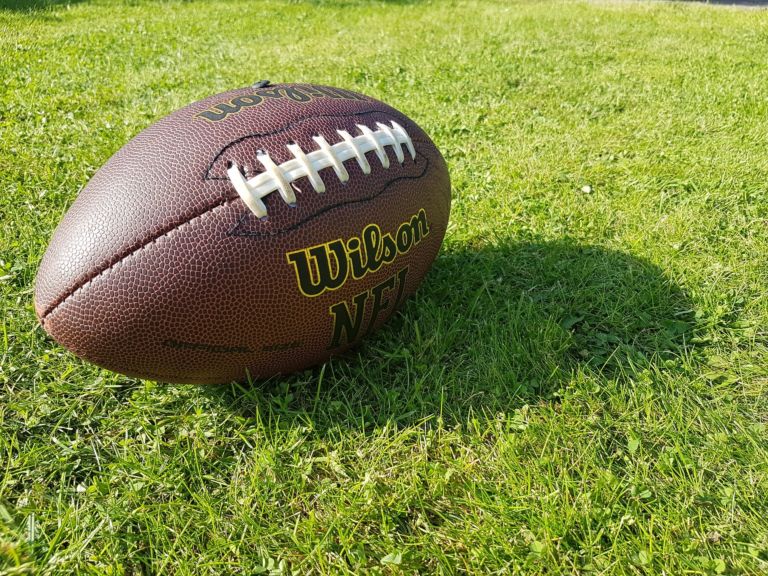Elle Reynolds writes for the Federalist about a lesson learned during a recent trip to a sports bar.
During one of the several edge-of-your-seat moments between the Bengals and Chiefs in Sunday’s NFC championship, I got a kick out of watching patrons from all corners of the sports bar take a gasp of anticipation at the same time. The group of young people at one of the hightops and the guys sitting solo at the bar were all complete strangers, but everyone shared the same emotion and the same reaction for the same brief moment. …
… A football game (or other ballgame) on its own doesn’t turn a sports bar into a perfect facility for meaningful community, of course. But in a country of busy individualists where such havens are woefully lacking, the thread of commonality created by sharing a game has the potential to be spun into something that continues past the final play.
Ray Oldenburg coined the term “third places” to describe a setting that is neither in the home nor in the workplace, but where people informally gather and build community. …
… Thanks to a combination of factors like spread-out infrastructure, individualistic attitudes, love of privacy, career focus, and modern busyness, third places like the English pub and the Viennese coffeehouse are harder to find in our America. The highly mobile United States lacks even the general strong sense of place that is necessary for third places to thrive. …
… One informal association we do have is sports. Of course, the players who are actually on a team are an exclusive group that doesn’t fit the bill. But the crowds of boisterous people who gather around the bar to watch a game find themselves brought together in a setting that, if not all their attention is directed toward the screen, can facilitate a similar environment to Oldenburg’s third places.


